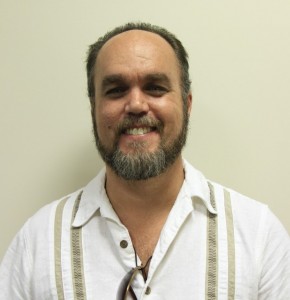 Last weekend I was conducting a workshop on restorative practices and many of the participants were educators, social workers and others who work with kids. One of the practices we like to use when considering how to best implement restorative practices in schools (or any other place) is to ask three questions about how conflicts are currently being handled. What is working well? What isn’t working so well? How do we dream it could be?
Last weekend I was conducting a workshop on restorative practices and many of the participants were educators, social workers and others who work with kids. One of the practices we like to use when considering how to best implement restorative practices in schools (or any other place) is to ask three questions about how conflicts are currently being handled. What is working well? What isn’t working so well? How do we dream it could be?
We do this to explore ways of increasing what works and find alternatives to what doesn’t as a way to draw closer to the dream. In the course of the discussion it was mentioned that students with the “special-ed” label are excessively targeted for discipline, and often find themselves in trouble for actions that other students routinely engage in with impunity.
Part of the tension is between teachers who work specifically with these students and other teachers who work with all of the students. The special ed teachers feel that their kids are
being unfairly targeted. In discussing ways to reduce this phenomenon, one of the “regular” teachers said, “You talk about your kids a lot, but we have to start saying ‘our kids’”
Everyone seemed to take a deep breath, hold it, then let it out with an “ahh”. It seemed so obvious after it was said. Up until then the teachers, who have divided responsibilities regarding students, routinely spoke about “my” or “your” students.
In a world and workplace that often requires us to specialize, and in which we are often evaluated through numbers, it is understandable that such divisions occur. But this teacher’s statement brought us all back to the reality that we were talking about children who are important to all of us, no matter what their classification, and it was in all our interest to see these kids receive the best education and treatment possible.
In many schools these biases are a big part of the school to prison pipeline, where kids are categorized or labeled due to behavior, race, sexuality or something else that makes them different. Because of increased visibility and unconscious prejudice they get a disproportionate level of discipline, suspension, expulsion and other sanctions. These in turn contribute to the chances that a kid will find themselves with an increased risk of dropping out and involvement with law enforcement and the justice system.
Knowing these facts is important, and the problems they indicate need to be addressed in policy and law. In that kind of wrangling, though, there is a chance that the humanity of the children can be forgotten.
This realization can be extended beyond students as well. Kids that are homeless, imprisoned, drug users or any other “problem” category are often shunted aside and ignored. They somehow fall out of our sphere of consideration and we begin to see them as “other”. This is a lie though, and we will do well to remember it. They are all, each and every one, our kids.